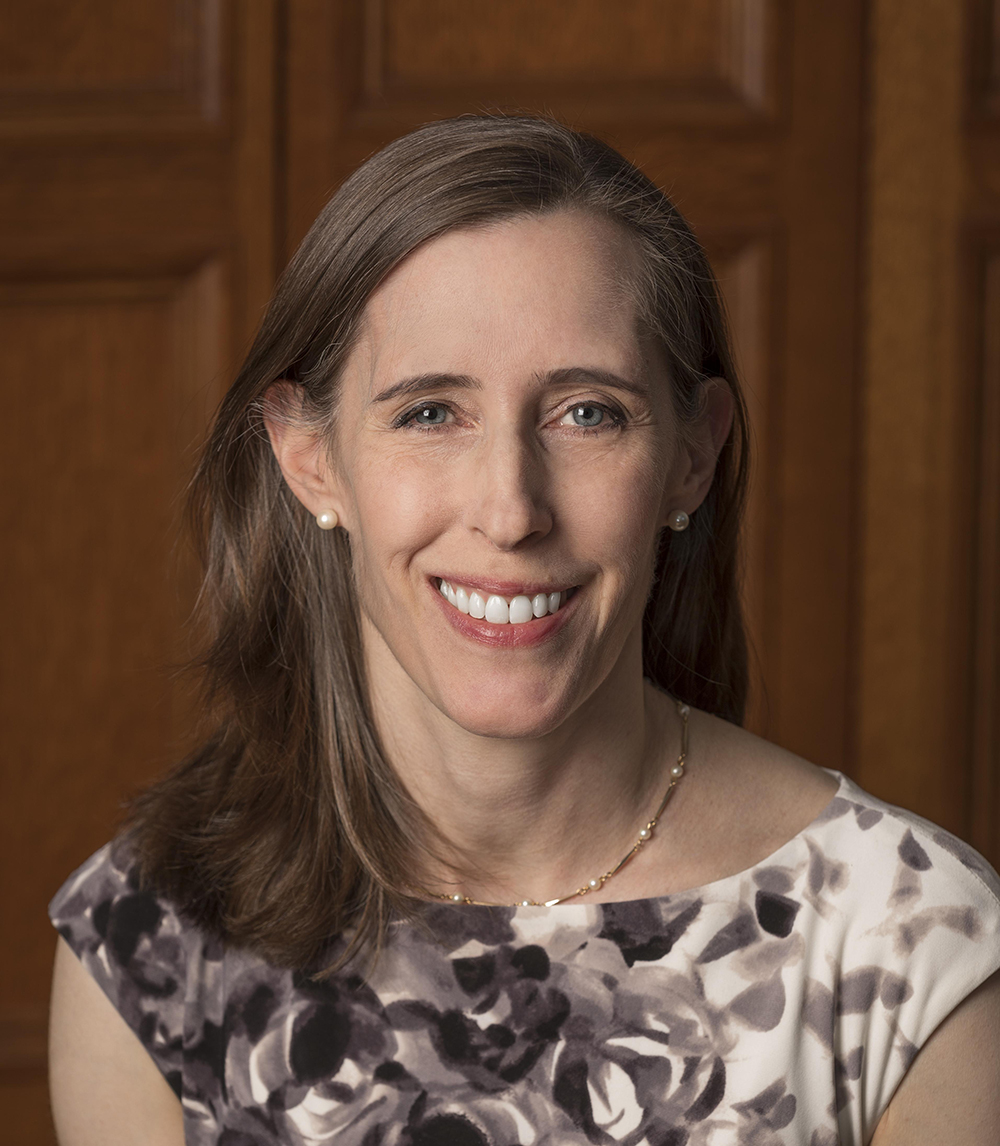Experts
Oona A. Hathaway

Nonresident Scholar, Global Order and Institutions Program
About
Oona A. Hathaway is a nonresident scholar in the Global Order and Institutions Program at the Carnegie Endowment for Peace. She is also Gerard C. and Bernice Latrobe Smith Professor of International Law at Yale Law School, professor of international law and area studies at the Yale University MacMillan Center, professor of the Yale University department of political science, and director of the Yale Law School Center for Global Legal Challenges. Her current research focuses on the future of the global legal order, accountability for the Russia-Ukraine war, the role of the United Nations and possibility of reform at the United Nations, and how to think about sovereignty in cyber operations. Her research also focuses on foreign relations topics, including U.S. war powers and the law governing how the United States makes its international agreements.
An expert in international law, national security law, and foreign relations law, Oona is the author of more than forty law review articles, and The Internationalists: How a Radical Plan to Outlaw War Remade the World (with Scott Shapiro, 2017). She is also executive editor of and a regular author at Just Security, and she writes often for publications such as the Washington Post, New York Times, the Atlantic, and Foreign Affairs.
In 2014-15, Oona took leave to serve as Special Counsel to the General Counsel at the U.S. Department of Defense, where she was awarded the Office of the Secretary of Defense Award for Excellence. She has been a member of the Advisory Committee on International Law for the Legal Adviser at the United States Department of State since 2005. She is the director of the annual Yale Cyber Leadership Forum and a member of the Council on Foreign Relations, and she is a reporter for the Restatement (Fourth) of Foreign Relations Law. Her full CV can be found here.
Affiliations
Areas of Expertise
Education
Yale Law School, JD, Harvard College, BA
Languages
English